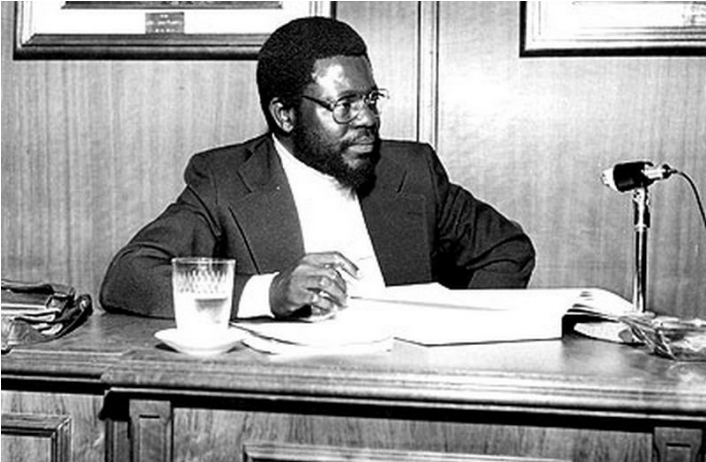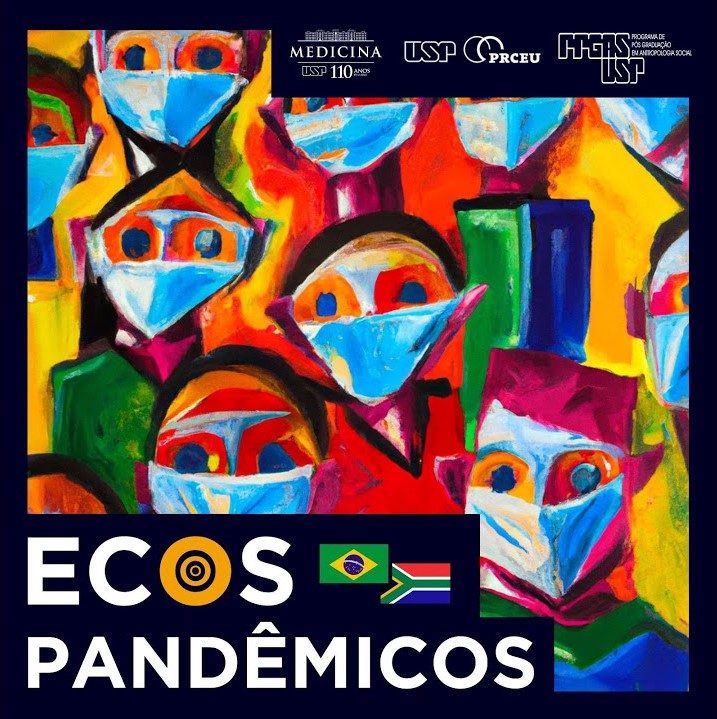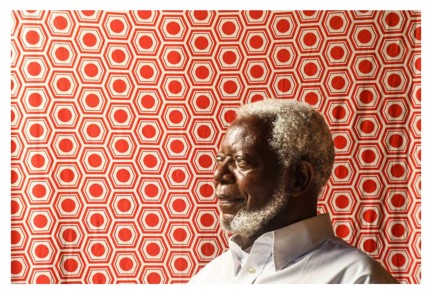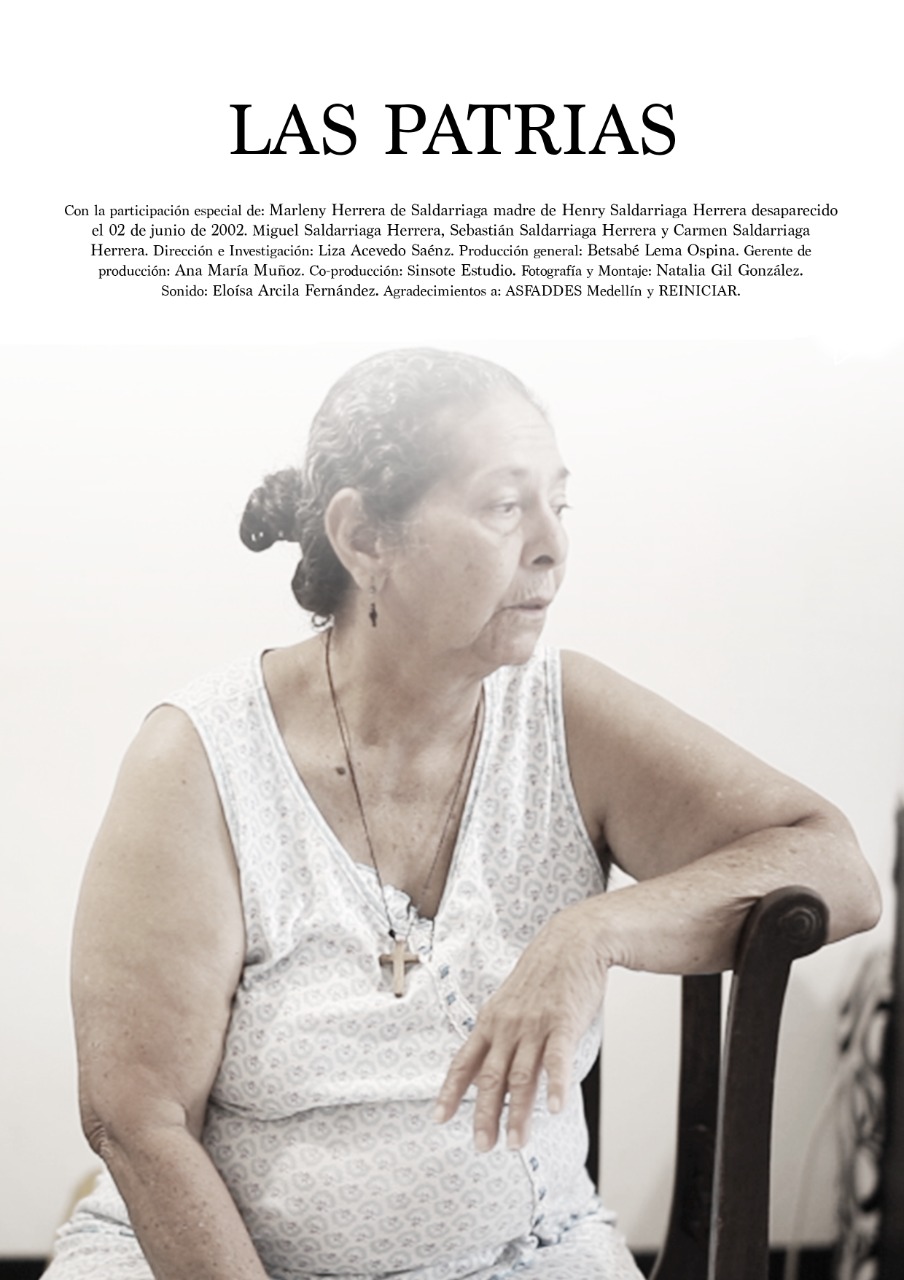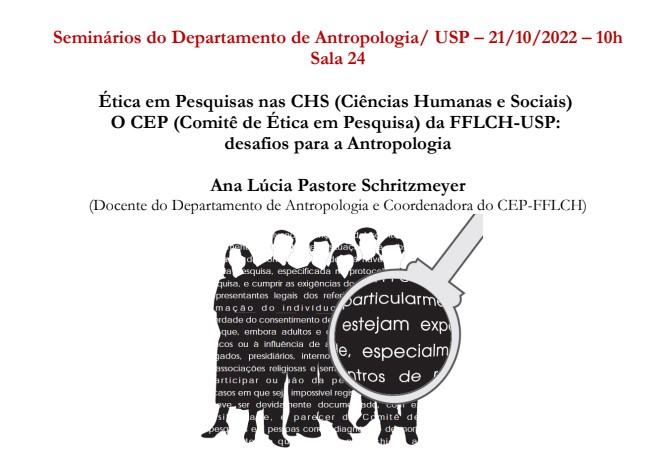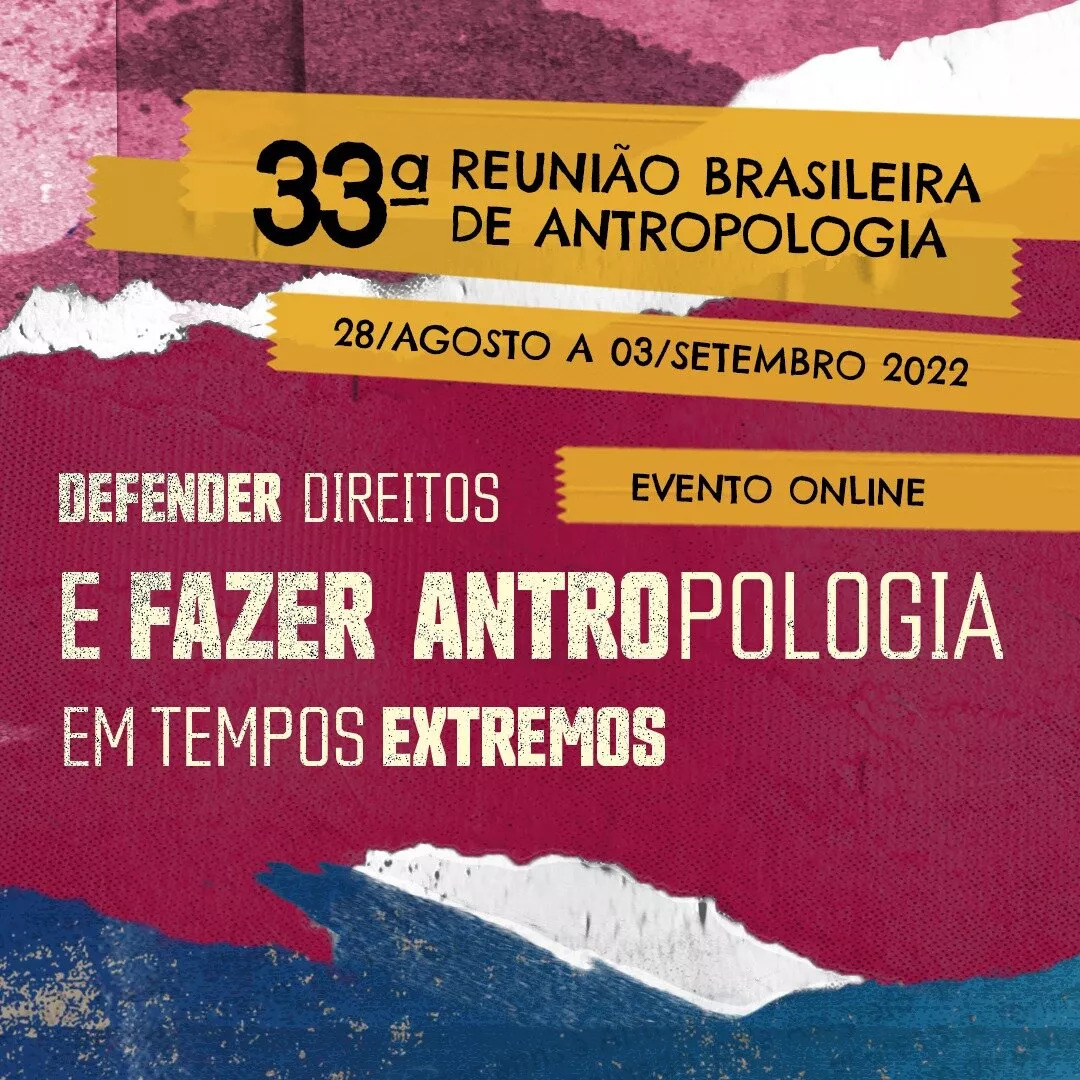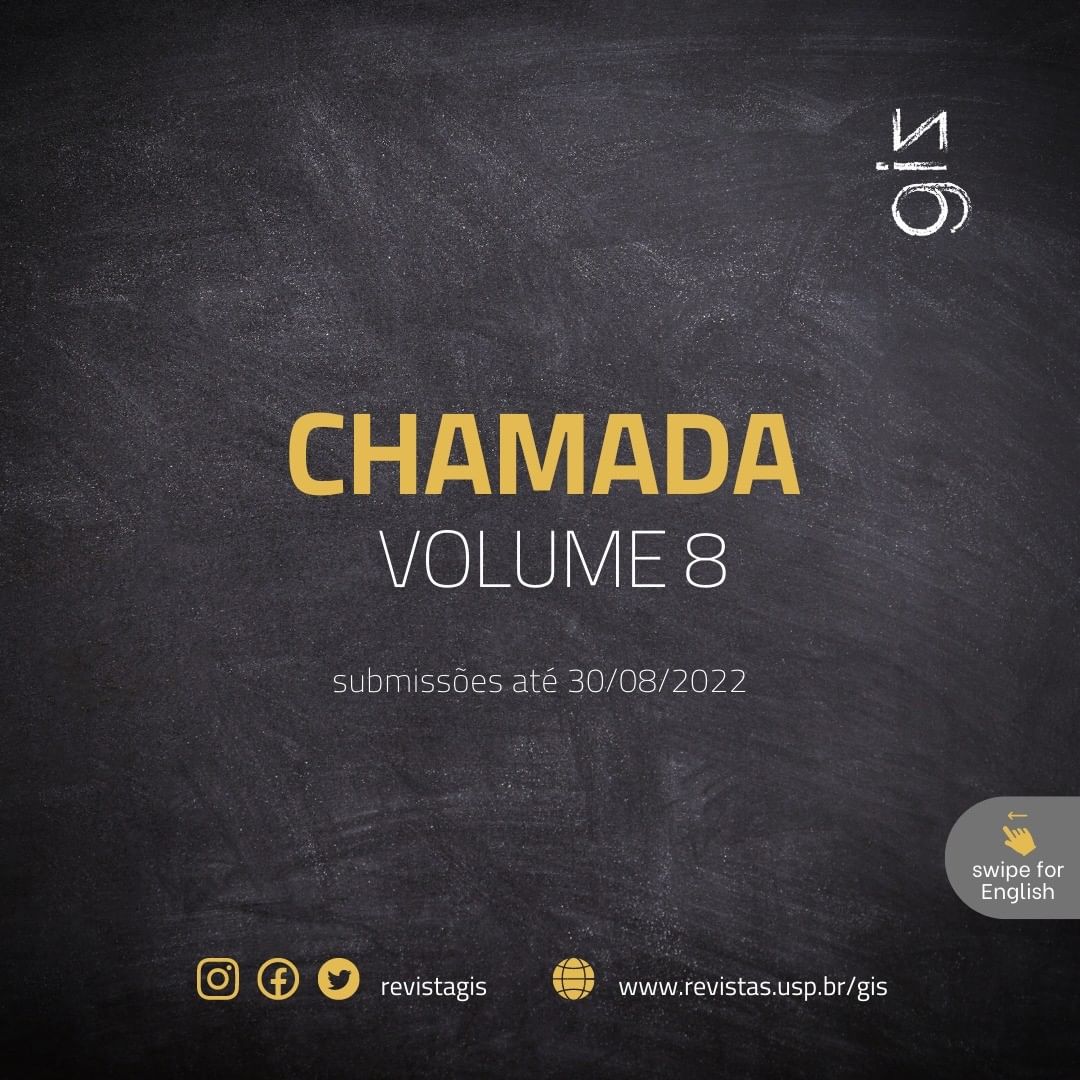PPGAS News
"Katherine Dunham" [author], written by Vanessa Cândida Lourenço, https ://ea.fflch.
"Religious ecstasy: an anthropological study of spirit possession and shamanism" [work] by Ioan Myrddin Lewis, written by Lucas Ramos da Cunha, https://ea.fflch.usp.
"Hutukara Associação Yanomami" [institution], written by Corrado Dalmonego, https://ea.fflch.
"Bruno Latour" [author], written by Marisol Marini and André S. Bailão, https://ea.fflch.usp.br/autor/
"Kabengele Munanga" [author], written by Clayton Guerreiro, https://ea.fflch .
"USP Museum of Archeology and Ethnology" [institution], written by Camilo de Mello Vasconcellos https://ea.fflch.usp.br/
"Curt Nimuendajú" [author], written by Peter Schröder https://ea.fflch.usp .br/autor/
"Totemism today" [work] by Claude Lévi-Strauss, written by Camila Galan de Paula https://ea.fflch.usp.br/
On May 5, 2023, the World Health Organization (WHO) decreed the end of the Covid-19 Public Health Emergency of International Concern, a little over three years after the same entity announced its beginning. . This epidemiological and political action does not represent the end of the pandemic, but rather that the time has come for countries to make the transition from the emergency mode to the management of diseases along with others of an infectious nature. Upon hearing the news, many people were certainly moved. This reaction is not necessarily related to any change in daily life itself, since we have been resuming our lives for months – thanks to vaccination, it is necessary to emphasize –, but because the Covid-19 pandemic and the way it was conducted, profoundly changed our lives , relationships and subjectivities. Thus, if the Public Health Emergency is over, the effects of the crisis continue in our memories, bodies, in everyday mourning and in collective life.
The Pandemic Echoes podcast aims to reflect on such effects. We started production in 2021, still in a very dramatic period of the crisis. We approach the pandemic in a dual temporality. We brought together multiple voices – researchers, activists, social policy professionals, residents of the periphery and other presences that circulated in the press and social networks – to understand what we were experiencing. Concomitantly, the recent past echoed in an effort to work through our fears, losses, illnesses and the lasting effects of the process, tragic for more than 700,000 people. Thus imposing difficulties to foresee a future.
We start from the Brazilian experience, but with the backdrop of the global South from a mirror game with the South African context. Were social inequalities in countries like Brazil and South Africa intensified with the pandemic? How did the Brazilian Public Health System face Covid-19? How did we come to live with widespread vaccine hesitancy? Why has food insecurity once again become a nightmare for the country? For whom care has become heavier during the pandemic? We seek to build a space for sharing and reflecting on the difficulties, experiences and lessons learned from one of the darkest periods in our history. We also seek to demonstrate how the human sciences, more specifically anthropology, can contribute to coping with the lasting effects of Covid-19. In this sense, the podcast fulfills the role not only of scientific dissemination, but also intends to intervene in the public debate on the subject.
The podcast is available on the PPGAS YouTube channel and on Spotify
The podcast Echoes Pandemics is a product of the university extension project The Covid-19 pandemic from an intersectional perspective in peripheral territories: dialogues between Brazil and South Africa, funded by the Pro-Rectory of Culture University Extension (PRCEU/USP) in the scope of Announcement: ODS-ONU (2021) coordinated by Laura Moutinho, professor at the Social Anthropology Program (PPGAS) at the Faculty of Philosophy, Letters and Human Sciences (FFLCH) at USP and vice-coordinated by Márcia Thereza Couto, professor at the Department of Preventive Medicine at Faculty of Medicine also at USP, FMUSP. The project was supported by the Laboratory of Image and Sound in Anthropology (LISA/FFLCH/USP), Center for Social Markers of Difference (NUMAS/FFLCH/USP) and Center for Health, Intersectionality and Social Markers of Difference (SIMAS/FMUSP)
Call for applications for postdoctoral fellowships in the context of the Project "Semantics of creation and memory " FAPESP Process 2020/07886-8 - 03 April - 02 June 2023 Applications are invited for three postdoctoral fellowships in the field of Social Anthropology/AnthropologicalTheory, associated to FAPESP Thematic Project 2020/07886-8 "Semantics of creation and memory", that include research conducted in the most diverse ethnographic fields in Brazil, but not exclusively, from 03 April to 02 June 2023. One fellowship supervised by Professor Fernanda Arêas Peixoto and one fellowship supervised by Professor Ana Claudia Duarte Rocha Marques will be based at the Department of Anthropology at USP; one fellowship supervised by Professor Jorge Luiz Mattar Villela will be based at the Department of Anthropology at UFSCAR.
PhD student Liza Ysamarli Acevedo Sáenz received the USP 2022 Video Graduate Award for the major area of Human Sciences. The video "The homelands, the home and the body: visible and non-visible images of the lives of women who are family members of disappeared people in the armed conflict in Colombia" presents her doctoral research, developed under the supervision of Rose Satiko Gitirana Hikiji. The award takes place on November 22, 2022, during the 3rd USP Graduate Meeting. The video can be watched at https://www.youtube.com/watch?
Seminar "Research Ethics in the Humanities and Social Sciences: Challenges for Anthropology" available on YouTube: https://www.youtube.com/watch?
Projection and discussion of the films CANTO DE FAMÍLIA and CARLOS CAPS DRAG RACE, with the directors Paula Bessa Braz (PPGAS-USP PhD student) and Mihai Andrei Leaha (Post-doctoral fellow at DA-USP, post-doctoral fellow at the University of Barcelona) . Both films were winners of the Pierre Verger Award 2022 in the feature and medium-length categories.
The objective of this activity is to discuss the dimensions of making music that are revealed through an audiovisual approach, from the exhibition and debate of two films made in very different universes, but which keep similarities in the centrality of the musical event to investigate and to describe its dynamics: one about the independent electronic music scene in São Paulo, the other about a family that organizes a social project for teaching music in their own home, on the outskirts of Fortaleza.
Get to know the website of the project "The local music - New trails for ethnomusicology": https://sites. google.com/unicamp.br/musicarlocal
PPGAS student Felipe Paes Piva was AWARDED, received 1st place - Lévi-Strauss Prize at the 33rd RBA - Edition 2022: Article Modality, with the article "Psychological illness in graduation and the social markers of difference: an anthropological analysis of psychic suffering at the Faculty of Philosophy, Letters and Human Sciences (FFLCH-USP)”
The seventh volume of GIS - Gesto, Imagem e Som - Journal of Anthropology of the University of São Paulo is on the air.
We invite you to visit the GIS website and learn about the articles, essays, reviews, translations and interviews published in this volume, available at: https://www.revistas.usp.br/gis/issue/view/12129. In addition, volume 7 pays tribute to Patrícia Monte-Mór, who left us in early 2022.
Good reading!
We invite you to submit your work for volume 8 (year 2023) of Revista Gesto, Imagem e Som - Revista de Antropologia (GIS). To do so, make your submission until 08/30/2022.
Check the submission rules at: https://www.revistas.usp.br/gis/about/submissions
After this date, you will also be able to submit your work which, if approved, will be published in volume 9, year 2024.


